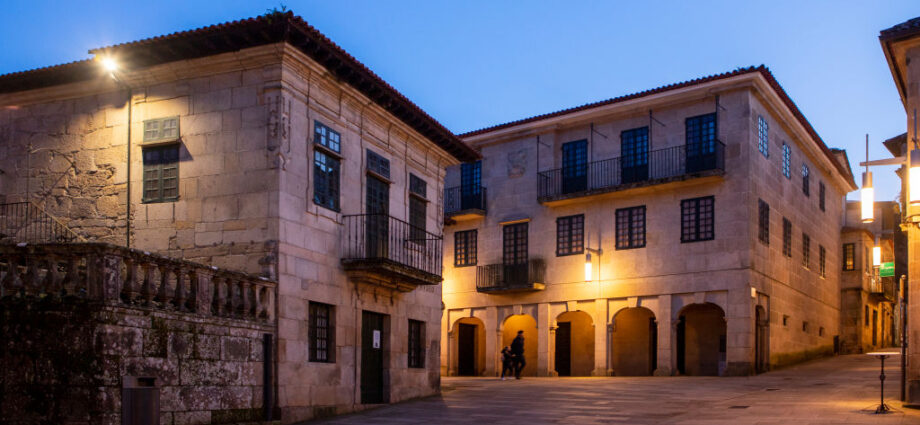A museum in Spain has relinquished two 15th-century icons attributed to the school of a Flemish master after they were deemed to have been looted from Poland by Nazi forces.
According to Poland’s culture ministry, the government contacted Spain’s Museum of Pontevedra in 2020 to say that its collection included Nazi loot. The museum officials swiftly agreed to transfer them to Poland, a legal process that can take years to be finalized.
The works, titled Mater Dolorosa (Mother of Sorrows) and Ecce Homo, were initially believed to have been painted by Dieric Bouts, a renowned Flemish painter born in 1410. Later research found both to be the work of his students.
The paintings resided for years in the Czartoryski collection in the Polish village of Gołuchów but disappeared sometime during the Nazi occupation of Poland between 1939 and 1945. The paintings surfaced for purchase in Madrid in 1973 and were donated to the Pontevedra museum in 1994 by a Spanish private collector.
Poland was systematically plundered by German forces during the war—UNESCO has estimated that hundreds of thousands of artifacts were lost—and its government is still appealing for the return of its cultural objects from public and private collections across Europe. In December, Poland’s deputy foreign minister, Arkadiusz Mularczyk, requested that UNESCO aid its campaign to reclaim its looted art.
Parallels have been drawn between Poland’s history and the organized plunder of Ukraine’s cultural heritage by Russia. To date, more than 15,000 Ukrainian artworks and artifacts have been stolen by the Russian military, with some museum collections stripped clean.
Earlier this month, UNESCO partnered with Poland’s Culture Ministry to train law enforcement in countries bordering Ukraine on its west side—Poland, Hungary, Slovakia, Romania, and Moldova—in how to identify and recover art stolen from Ukraine by Russia. Authorities from the coalition met in the Polish capital of Warsaw for three days of workshops.
Krista Pikkat, UNESCO’s director of culture and emergencies, described Poland as a “strong” partner for this initiative, given its history.
“Poland is really a country at the forefront of this work,” Pikkat told AP.
Following World War II, an international law was enshrined that prohibits signatories from “any form of theft” of cultural property.



